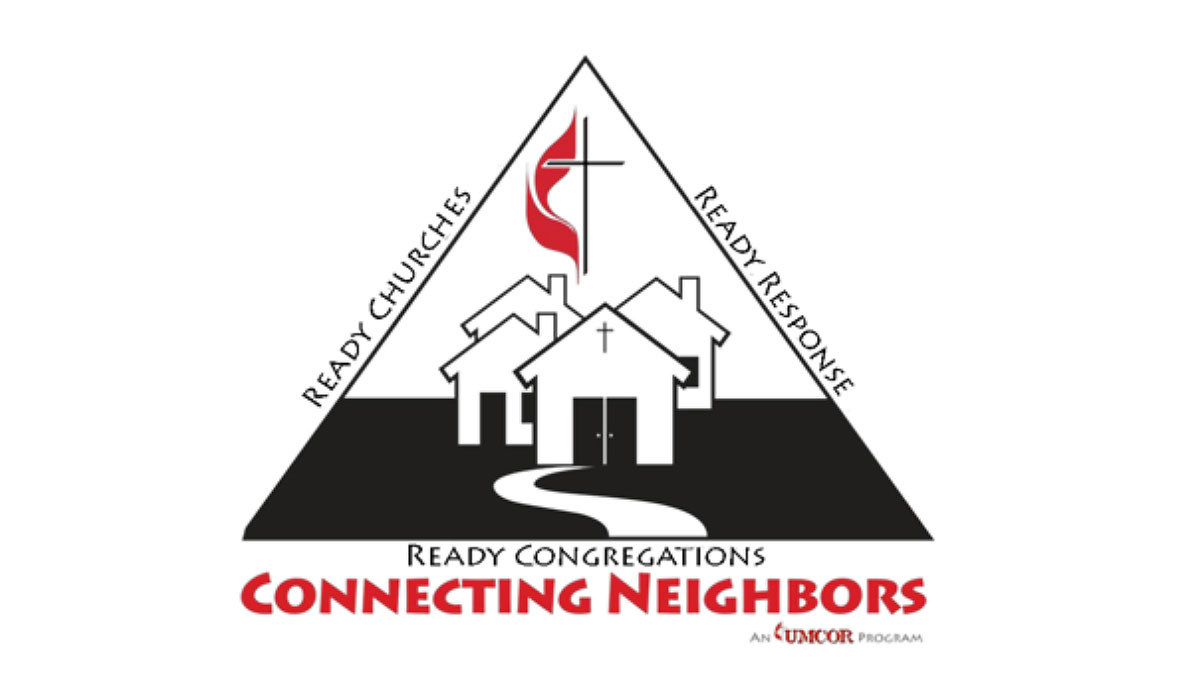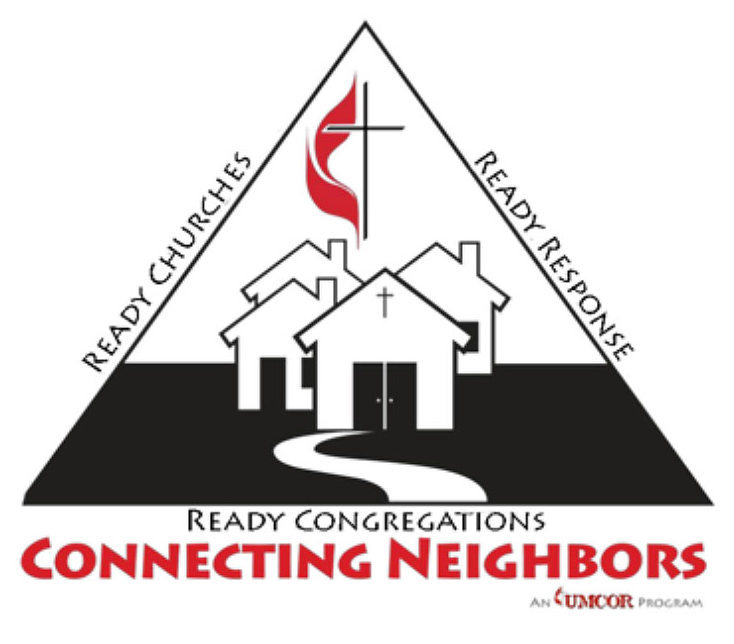Conectando Vecindarios
Conectando Vecindarios
Familias y Congregaciones preparadas
para la respuesta durante una pandemia viral (COVID-19) (Adaptado)

“Cada uno ponga al servicio de los demás el don que haya recibido, administrando fielmente la gracia de Dios en sus diversas formas..” — 1 Peter 4:10

Primeros Pasos
Tome cuidado de usted mismo y de su familia. Entonces usted estará listo para ayudar a los demás.
No podemos ministrar eficazmente a los demás si no nos hemos asegurado de que nuestras familias estén bien y preparadas para cuidarse entre ellos.
- Planifique y prepárese para la posibilidad de una auto-cuarentena. Establezca su propio plan de comunicación entre sus conocidos, amigos y familiares que incluya cómo se comunicarán entre cada uno de ustedes. Esto debe incluir medios alternativos de comunicación en caso de que las comunicaciones regulares se interrumpan o se sobrecarguen si la emergencia con el virus empeora. Asigne otro miembro de la iglesia o vecino para que sea un contacto interino para los miembros de la familia si su plan de comunicación falla.
- Tenga a mano un suministro para 14 días de alimentos, recetas medicas, medicamentos sin receta, necesidades básicas (es decir; necesidades personales, productos de higiene, suministros sanitarios, pañales y alimentos para mascotas). Consulte la lista del “Kit de supervivencia” de la Cruz Roja Americana en: https://redcross.org/gethelp/how-to-prepare-for-emergencies/survival-kit-supplies.html
- Mantenga el tanque de gasolina de su vehículo al menos a la mitad.
- Haga arreglos para la entrega de su correo postal si vive en un área donde su correo se encuentra en una ubicación central.
- Haga arreglos para o dar seguimiento a miembros de la familia amigos que están en cuarentena.
- Conozca la información de contacto de su medico primario.
- Haga arreglos de transportación a un centro médico, si es necesario.
Congregaciones Preparadas
Congregaciones Preparadas
- Cree un equipo de toma de decisiones entre el; (pastor, líder laico, adoración, finanzas y síndicos) que puedan tomar decisiones rápidamente.
- Identifique un líder (que no sea el pastor) que coordine un equipo de voluntarios y sea responsable de la respuesta de la iglesia ante la emergencia de la pandemia.
- Haga una lista de los recursos de la iglesia. Incluya recursos físicos y de comunicación, así como los dones y talentos de los miembros de la iglesia.
- Establezca o use una red telefónica existente u otro método de conexión con los miembros de su congregación. Considere y adapte las preferencias y los medios de acceso tanto como sea posible. Pruebe este proceso para asegurarse de que todos los miembros regulares y asistentes frecuentes puedan ser contactados.
- Haga una lista de sus miembros más vulnerables, personas confinadas en sus hogares y otras personas con necesidades especiales. Comuníquese con estas personas regularmente por teléfono (no confíe en mensajes de texto o correo electrónico) para asegurarse de que ellos estén bien y pregunte lo siguiente:
- Pregúntale: ¿cómo se encuentran?
- Solicite permiso a los miembros para compartir información según sea necesario.
- ¿Tienen a alguien que les ayude, un cuidador u otra persona?
- ¿Necesitan algo que no puedan conseguir por sí mismos?
- ¿Utilizan un sistema de entrega de comestibles o el servicio de comidas sobre ruedas (“Meals-on-Wheels”), etc.?
- ¿Necesitan alimentos, medicamentos recetados, etc.? No asuma que usted sabe lo que ellos necesitan y recuerde que pueden estar aislados debido al virus.
- Identifique necesidades espirituales / emocionales para darle un seguimiento adicional.
- Ministre espiritualmente a los miembros de la congregación que están en necesidad. Tenga en cuenta los ministros laicos, la ayuda del ministerio “Sthephen Ministry” y otros que tengan alguna capacitación para que le ayuden con el cuidado pastoral.
- Use grupos pequeños existentes para satisfacer las necesidades de la congregación durante el período de la pandemia.
- Establezca una estrategia de comunicación para mantener a los miembros informados sobre el estado de la emergencia, las necesidades de la congregación y las actividades y eventos programados o cancelados. Use los equipos existentes que ya están en su lugar para dar a conocer los mensajes. Para iglesias grandes, establezca un equipo de comunicaciones si es necesario.
- Siga las recomendaciones de las autoridades de salud estatales y federales para reducir su riesgo de exposición.
- Descargue las aplicaciones para recibir alertas o actualizaciones de estas agencias.
- Prepare su hogar para COVID-19 desde el Centro para el Control y la prevención de enfermedades “CDC”
- Lista para la preparación del hogar para enfrentar el COVID-19 desde el Centro para el Control y la prevención de enfermedades “CDC”
Mientras planifica, se prepara y responde al coronavirus, recuerde que también estamos llamados a cuidar a nuestros vecinos. No dude en compartir este material con sus vecinos, con otras organizaciones religiosas y otras personas que puedan beneficiarse de esta información.
Recursos Adicionales
Si tiene preguntas sobre esta lista de verificación, necesita ayuda o desea una capacitación más profunda, comuníquese con:
-
Terry Reddick
(253) 381-6576
cricketnw@wavecable.com -
Kathy Bryson
(509) 539-2978
brysonpnw@gmail.com -
Larry Johnson
(503) 899-5431
oridumcert@gmail.com -
Sally Blanchard
(503) 802-9206
sally@umoi.org


